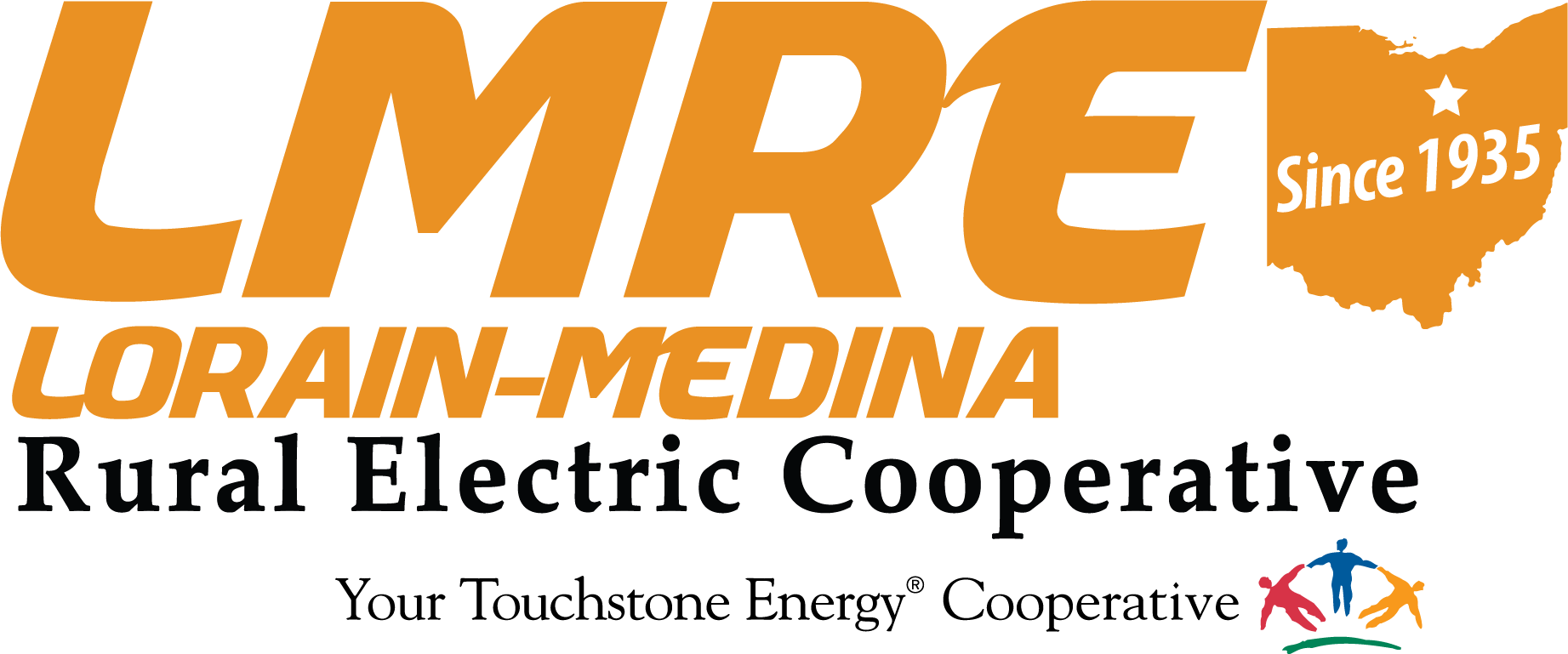Heavy snow and ice can bring down power lines, making it dangerous to be near them. Make sure you know how to weather the storm.
When encountering downed power lines, follow these safety tips:
- Even if a power line isn’t sparking or arcing, it can be dangerous. Equipment near the lines can carry enough current to cause electrocution.
- If a line is down or sagging, assume that it’s still electrified and dangerous. If you see such a line, contact your cooperative to have them assess the problem safely.
- If you are in an accident involving a downed power line, your car is usually the safest place to be (unless it is on fire). If it's safe to stay inside your vehicle, call 9-1-1 and wait for electric utility personnel to arrive. If you step out of the vehicle and the ground is energized, you could become the electrical current’s path to ground and be electrocuted. If your car is on fire or you see smoke, jump out of the vehicle and hop away with your feet together. If you run or walk away, you could get electrocuted.
- It is never safe to drive over a downed line, as doing so could snag the line and pull down power poles or other equipment.
- Be careful when approaching intersections where traffic lights are out.
- If you plan to use a generator, learn how to operate it safely.
Before a winter storm strikes, make sure you have enough supplies and know how to stay warm.
- Keep a battery-powered radio, flashlights, and batteries on hand. Have water and food that doesn’t spoil available during cold weather.
- To protect your electronics during a power outage, unplug them and leave one light on to signal that the power is back.
- Turning on the faucet slightly and letting cold water drip from the tap will prevent water pipes from freezing. Also, know how to shut off your home's main valve in case a pipe bursts.
- Never use a charcoal grill for cooking or heating inside the home. Burning charcoal gives off deadly carbon monoxide gas. Charcoal grills should only be used outdoors.
- If you live with a child or older adult, you may need to take them somewhere with power so that they can stay warm. If you are healthy enough to stay home safely, there are ways to keep warm: stay inside and dress warmly in layered clothing.
- Close off unneeded rooms.
- When using an alternate heat source, follow operating instructions, use fire safeguards, and be sure to ventilate properly.
